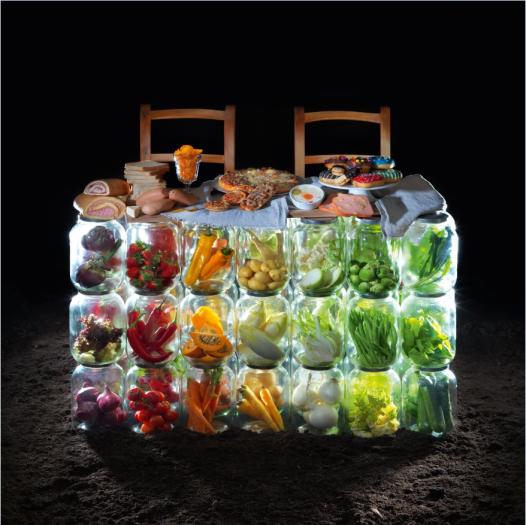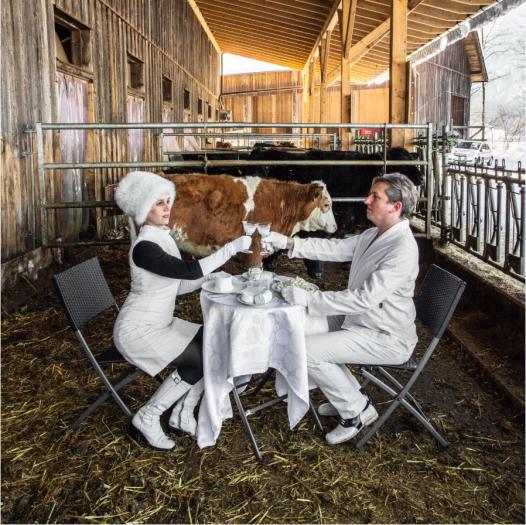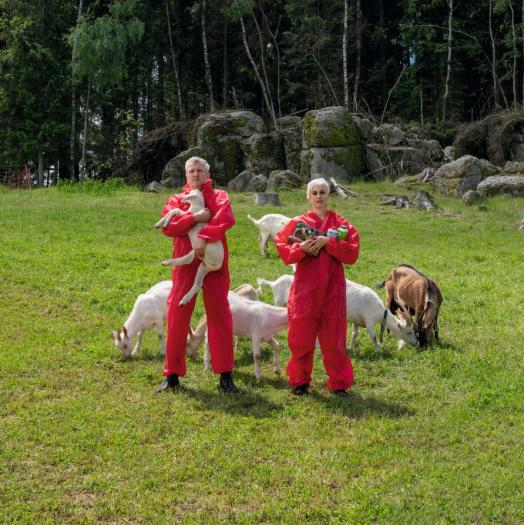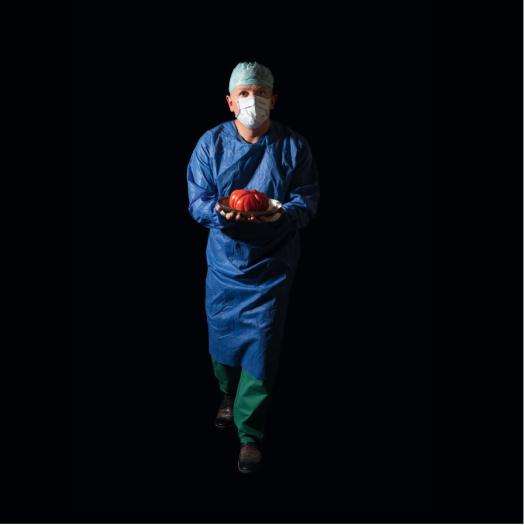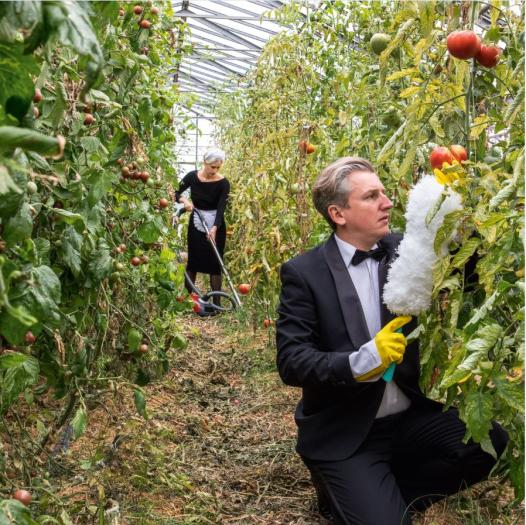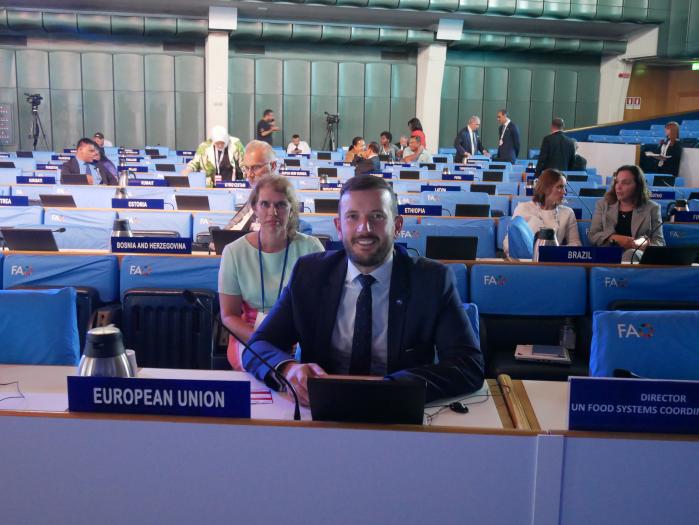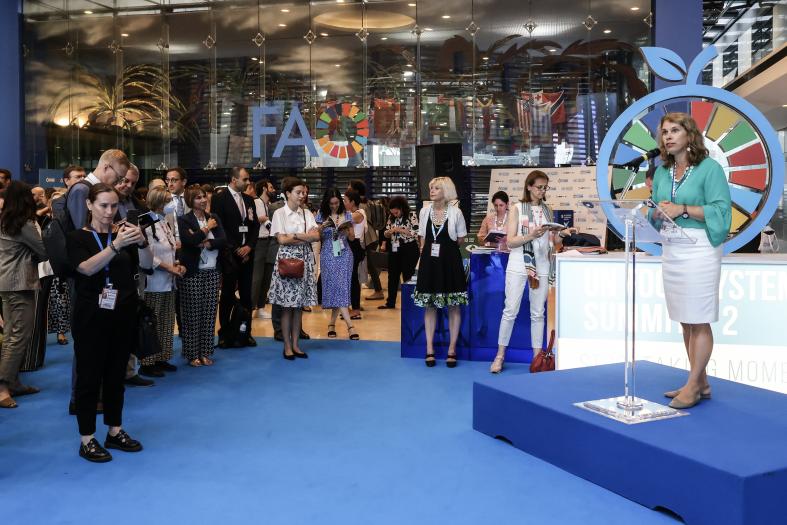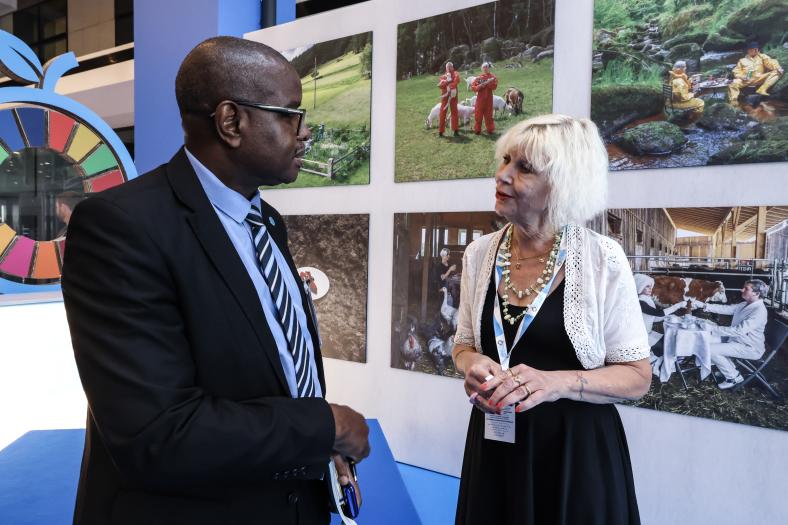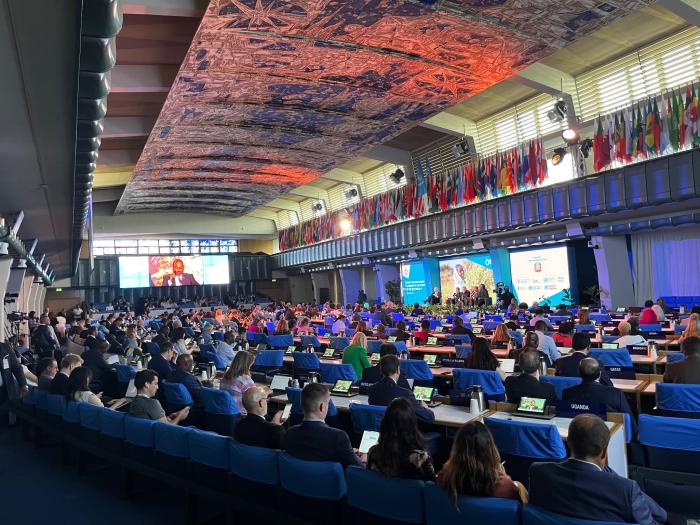Diverse pathways in a shared journey
The central message of the UNFSS+2 is around the narrative of “Sustainable Food Systems for People, Planet and Prosperity: Diverse pathways in a shared journey.” Starting from this idea, the event will focus on three main objectives:
• Convene countries and stakeholders to review progress on the commitments to action that were made during the 2021 UN Food Systems Summit and identify successes, challenges and priorities;
• Create awareness and spread the message of the role of sustainable, equitable, healthy and resilient food systems being a critical SDG accelerators among world leaders, national decision-makers and food systems actors;
• Advocate for urgent action at scale, considering that sustainable food systems contribute to better and more sustainable outcomes for people, planet and prosperity leaving no one behind;
The event will include high-level-sessions, plenary sessions, several leadership dialogues, special events and side events. The high-level opening will see the participation of the UN Secretary-General, the Prime Minister of Italy and a group of select Heads of States and governments.
UNFSS+2
UN Food Systems Summit+2 Stocktaking Moment
The Conference comes at a time when up to 783 million people are facing hunger in the world, 122 million more since 2019 due to the pandemic and repeated climate shocks and conflicts, according to the latest State of Food Security and Nutrition in the World report.
The capacity of people to access healthy diets has also deteriorated across the globe: more than 3.1 billion people in the world – or 42 percent – were unable to afford a healthy diet in 2021.
Around 2000 participants from over 160 countries, including over 20 Heads of State and Government, will attend the UN Food Systems Summit+2 Stocktaking Moment (UNFSS+2) at the Food and Agriculture Organization of the United Nations (FAO) headquarters in Rome on 24-26 July.
The event convened by the United Nations Secretariat, and hosted by Italy, in collaboration with the Rome-based UN Agencies (FAO, IFAD, WFP), will be officially inaugurated on Monday 24 July at 14:30 CEST during a high-level opening led by the UN Secretary-General, António Guterres, and the Prime Minister of Italy, Giorgia Meloni.
The opening segment will also have the participation of FAO Director-General, QU Dongyu, and several Heads of Government, including the Prime Ministers of Ethiopia, Bangladesh, Samoa and Nepal.
The European Union, being one of the largest donor to the UN agencies, is among the most important partners through the programmes implemented across the globe. It is a solid and leading resource and support partner in providing policy guidance and technical advice, and in implementing programmes and projects in line with the Paris Agreement on climate action and the globally endorsed Sustainable Development Goals (SDGs).
For this reason, our participation and contribution to the UNFSS+2 is crucial.
During the 3-days Conference, the European Union will be represented by Commissioner Virginijus Sinkevičius (24 July), Commissioner Janusz Wojciechowski (26 July), Claire Bury (Deputy Director-General, DG SANTE), EU Delegation to the UN in Rome, and a number of EU experts from various EC services.
EU Delegation in Rome, supported by our colleagues from DG JRC in Ispra, has prepared a “Food Futures” photo exhibition on display in FAO Expo area of Atrium throughout the whole UNFSS+2.
FOOD FUTURES: Sustainable food systems
Sonja Stummerer and Martin Hablesreiter, the Viennese Eat Art Duo known as "honey & bunny," in collaboration with our colleagues from DG JRC in Ispra, Italy, prepared a report that is a fusion of art and science.
Almost all photos in this report were created together with the photographers Ulrike Koeb from Vienna and Daisuke Akita from Tokyo. All concepts are developed by honey & bunny.
Foreword
The Food Futures photo exhibition presents visual parts of the Art & Science cooperation of the European Commission’s Joint Research Centre with the artists Sonja Stummerer and Martin Hablesreiter (honey & bunny).
The European Union’s Farm to Fork Strategy provides the policy perspective for moving to a fair, healthy and environmentally friendly food system supporting the achievement of the Sustainable Development Goals: the case for action; the need to build a new food chain; the imperative for a just and fair transition benefitting all actors within the EU and globally.
The artists explored the people perspective on embracing sustainable food systems: How do our values, our culture and our individual views of the world influence how far policy can drive change in the way we think about food? How willing are we to really embrace sustainable food systems? The artists tried to help explore what goes into the making of a sustainable sandwich, and how it will taste.
The result of the collaboration between the artists and the scientists of the EU Joint Research Centre is a beautifully illustrated book encouraging conversation and debate, and invites one to explore the emotional challenges before us. In the artists own words: “We need to create new narratives and aesthetics to change the European way of thinking, to change the European way of life. Without a bigger positive picture, without a bridge to the unthinkable, without creativity, we will not manage a sustainable food future. Please help us to create the necessary!”
Food Futures photo gallery
THE EU PATHWAY TOWARDS SUSTAINABLE FOOD SYSTEMS TRANSFORMATION
The European Union published its Pathway towards FS transformation on May 10, 2023 according to the commitments of the 2021 UN Food Systems Summit, recognising this way the need for food systems transformation as a way to achieve the Sustainable Development Goals by 2030. Within the European Green Deal, the Farm to Fork and the Biodiversity Strategies are the two central elements for the transformation of EU food systems, to make them sustainable and resilient. A transition towards sustainable food systems is a necessary step towards achieving EU’s climate neutrality. These two strategies were designed to be mutually reinforcing, bringing together producers, businesses, researchers and innovators, the public sector and consumers to jointly engage for a sustainable future, while playing a crucial role to the fight against climate change and restoring nature. They are aiming at achieving the necessary transformation of the way we produce, process, distribute and consume food.




